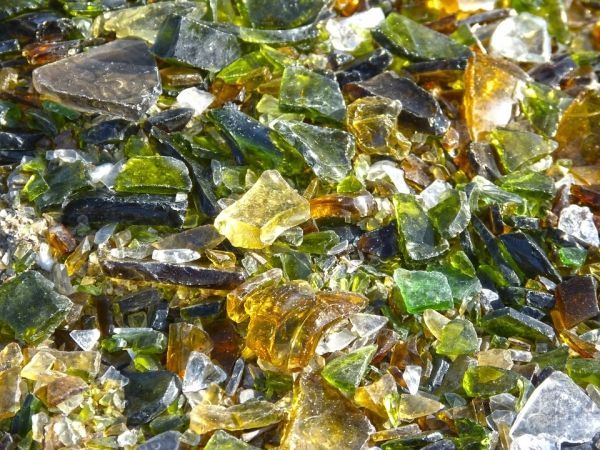There is no clear link between cancer incidence and locally produced food from an area with a history of glass manufacture with contaminated soil, according to a new study from, among others, Linköping University.
In the study, a high consumption of certain local foods seems to be linked to an increased risk of certain cancers, but this probably reflects that the exposure to contaminants was higher in the past.
An area of Småland known as the “Kingdom of Crystal” has been home to an extensive glass industry since the 18th century, but several glassworks have closed in recent years due to poor profitability. At the same time, it was discovered that the soil around the glassworks was heavily contaminated by metals, such as arsenic, cadmium and lead. This was a heavy blow for tourism in the municipalities of Nybro, Emmaboda, Uppvidinge and Lessebo. The discovery also aroused anxiety in those living around the glassworks, who became unsure whether it is safe to eat vegetables and berries from the area.
Somewhat increased levels of the metals had previously been measured in root crops, vegetables, fungi and berries from this area. Food may also contain contaminants known as polyaromatic hydrocarbons (PAHs), formed by incomplete cooking. These substances have several negative effects on health, including an increased risk for cancer. The researchers observed in a previous study that some types of cancer were more common in the glassworks area than in other areas of Kalmar County and Sweden. They observed also, however, that cancer incidence fell between the 1970s and the 2010s. Since many similar contaminated areas are found both in Sweden and in other countries, the scientists behind the study wanted to investigate whether long-term consumption of locally produced food may have contributed to the incidence of cancer in the Kingdom of Crystal.
Read more at Linköping University
Photo Credit: makamuki0 via Pixabay


